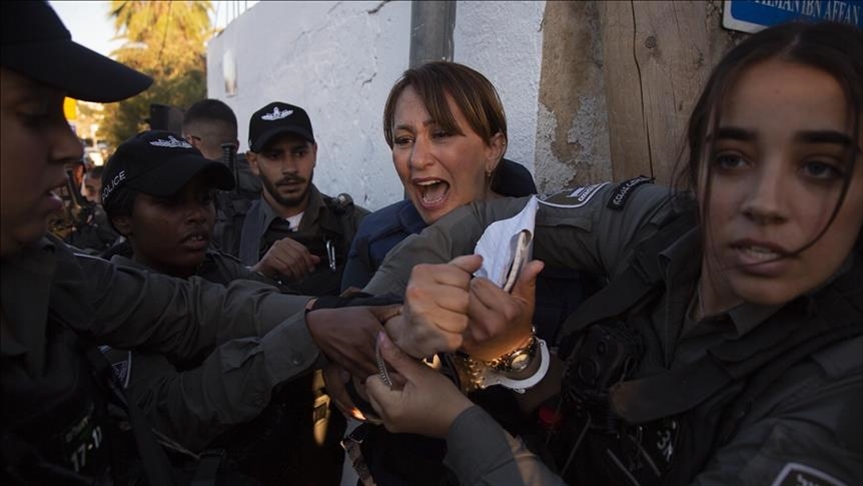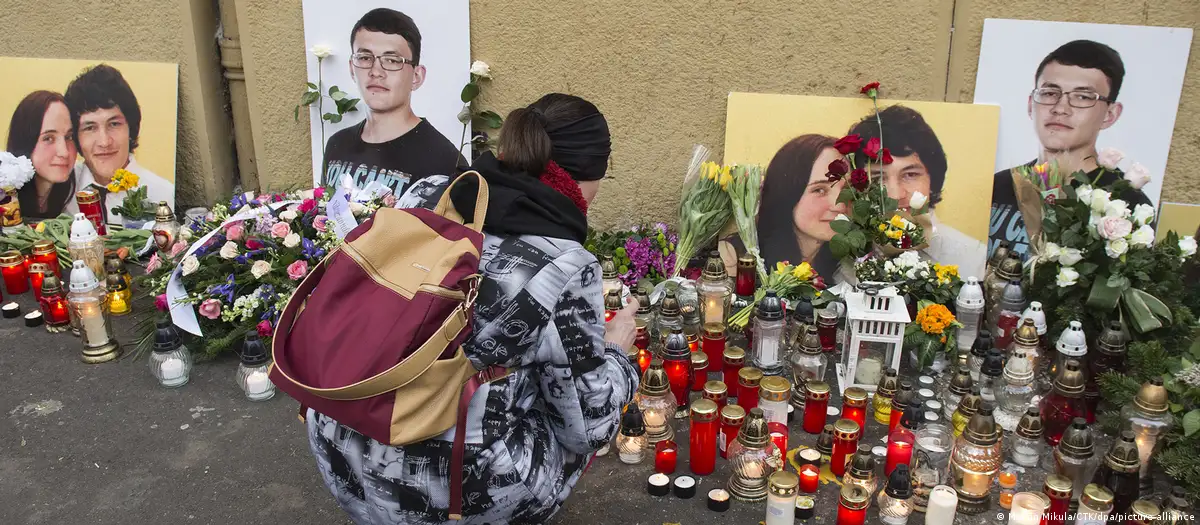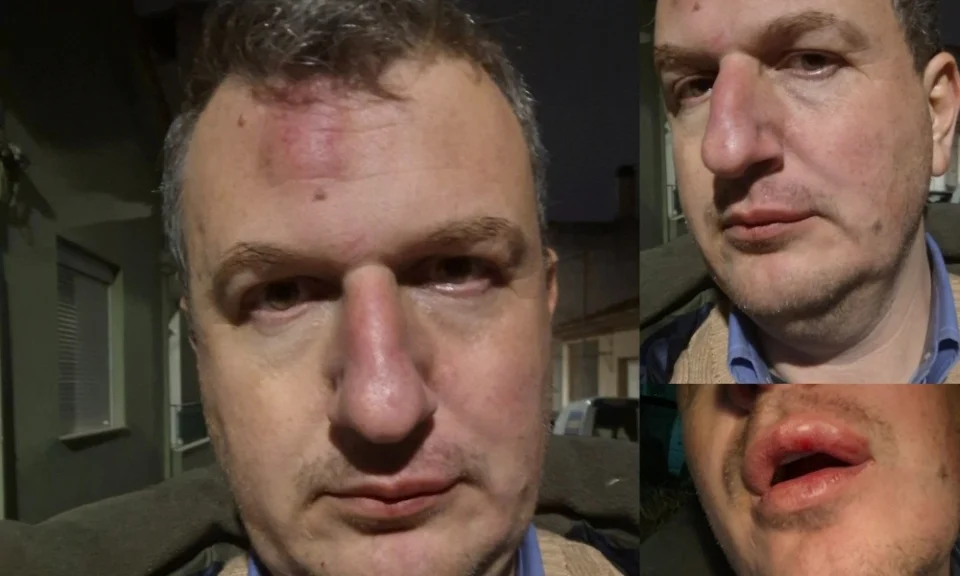
Palestinian Authority Arrests Al Jazeera Crew Covering Prisoner Release
January 19, 2025
Italian Journalist Cecilia Sala Describes Harrowing Detention in Iran’s Evin Prison
January 20, 2025January 19, 2025 – Russia –
In January 2025, Karelian journalist and poet Denis Pogrebnoy was fined 30,000 rubles (around €290) by the Petrozavodsk City Court for allegedly “discrediting the Russian army.” The charge stemmed from several posts he published on VKontakte between October 2022 and May 2024, including poems that criticized Russia’s war in Ukraine and expressed solidarity with imprisoned activists.
One of the poems referenced the case of Aleksandra Skochilenko, the St. Petersburg artist sentenced to seven years in prison for replacing supermarket price tags with anti-war messages. Pogrebnoy’s poem read:
“Seven years. Could have killed a person… Seven years. For the papers near the buckwheat…”
Another post, shared during Orthodox Easter, lamented the ongoing war:
“800 days of war and tears… If Christ truly resurrected, He definitely would not forgive us.”
Authorities also cited his support for journalist Natalia Ermolina, labeled a “foreign agent,” and his critique of a Donetsk theatre performance, interpreting his posts as attacks on the Russian military. Pogrebnoy was charged under Russia’s wartime censorship laws, which have been in effect since March 2022 and criminalize “discrediting” the armed forces or spreading “false information” about military operations.
Now living abroad, Pogrebnoy called the charges absurd and described himself as a “propagandist of common sense.” He said he does not plan to pay the fine and emphasized the broader issue of suppressing artistic and journalistic freedom in Russia.
His case is part of a broader crackdown on free speech, particularly in Russia’s regions. Activists and independent voices in Karelia, such as Sergei Filenko, have also been fined for expressing anti-war views or sharing protest art.
Bottom line: Denis Pogrebnoy’s fine for writing poetry critical of the war highlights the extent to which Russia’s censorship laws are being used to silence even the mildest forms of dissent. As repression extends beyond major cities into remote regions like Karelia, the space for free expression in Russia continues to shrink.
Reference –




